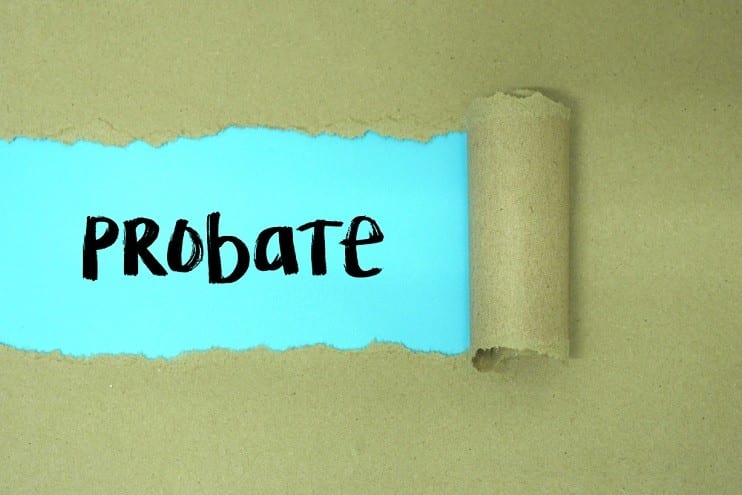What is a Probate Sale and How Does It Work?

Probate is the legal process that ensures your debts are paid and legal title of your assets is transferred to the appropriate heirs and beneficiaries. If you have a will, the probate process will determine whether the will is authentic and valid.
A probate sale is when property that was owned by the decedent is sold by the estate instead of being transferred to the estate’s beneficiaries. Real estate probably is the most common subject of a probate sale. If a last will and testament was left by the deceased, the probate sale is administered by the estate executor. If there was no last will and testament, probate sales are administered by the executor, but more closely overseen by the probate court.
This article will walk you through the different steps and scenarios of a probate sale.
Probate Sale With a Last Will and Testament
If a last will and testament was left, the executor of the estate usually is granted independent administration rights. That empowers the executor to negotiate and close the sale with little or no oversight from the probate court.
Even so, the probate sale will differ from a traditional real estate sale in several ways. The executor usually is required to obtain one or more appraisals of the property before putting it up for sale. The property generally must be advertised for sale. The executor must review all offers for the property, evaluate them, and select a buyer. Often, before the sale can be closed the probate judge must review and approve the offer. This process might extend the time it takes to close a sale of the property by a few weeks or longer compared to the typical real estate sale in the area.
The funds earned from the probate sale will go into the estate to first pay any remaining debts or bills owed to creditors of the deceased and the estate and then to be distributed to beneficiaries.
Probate Sale Without a Last Will and Testament
In contrast, if a last will and testament is not available, the appointed administrator of the estate usually is granted only dependent administration rights to sell the property. Dependent rights means that specific parts of the probate sale process will be overseen and approved by the probate court. The executor might be able to list the property, evaluate offers, and conditionally accept an offer, but an offer isn’t officially accepted and the sale can’t be closed until after the probate court approves.
The approval might require a process known as a confirmation hearing. At this hearing, either the administrator or the probate attorney will present the offer. The court normally will not immediately accept the offer but will open what’s known as the overbid process. This is similar to an auction. Any interested buyers may make a bid for the property with a price above that of the original accepted offer. Usually state law requires bids to bebin at a certain percentage above the accepted offer. The best offer is accepted and confirmed by the court during this hearing.
The oversight of the court could make the sale process significantly different and longer. Since it is more complex, an administrator for an intestate estate will often hire a probate attorney to assist with the probate sale and the process.
What is a Probate Sale and How Does It Work: Key Takeaways
- Probate sale of a testator’s property occurs after his or her death. Although the process is similar to a regular real estate sale, probate sale can take longer because of the participation and oversight of the probate court.
- A probate sale is faster when the deceased had a last will and testament than when there was no will. When there was a will, the executors usually are granted independent administration authority, which allows them to act with less oversight from the probate court.
- A probate sale without a last will and testament takes more time because the probate court is more involved. The administrator of the estate cannot finish the sale independently of the probate court’s approval, and this usually adds several weeks to the timeline of the sale.
Valuable contributions to this summary of “What is a Probate Sale and How Does It Work?” were made by Bob Carlson, editor of the Retirement Watch financial advisory service and chairman of the Board of Trustees of Virginia’s Fairfax County Employees’ Retirement System with more than $4 billion in assets.
Katie Kao is an editorial intern with Eagle Financial Publications.




